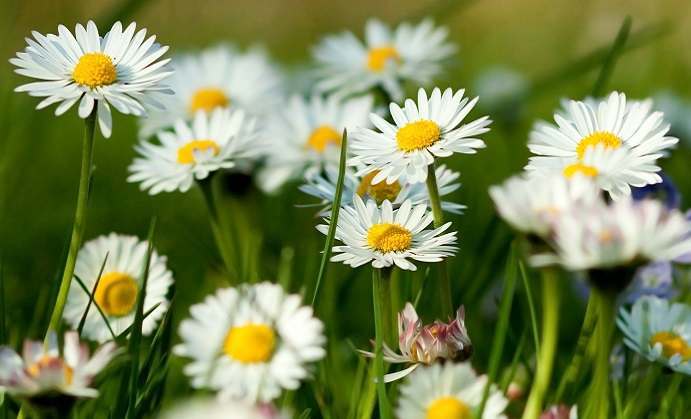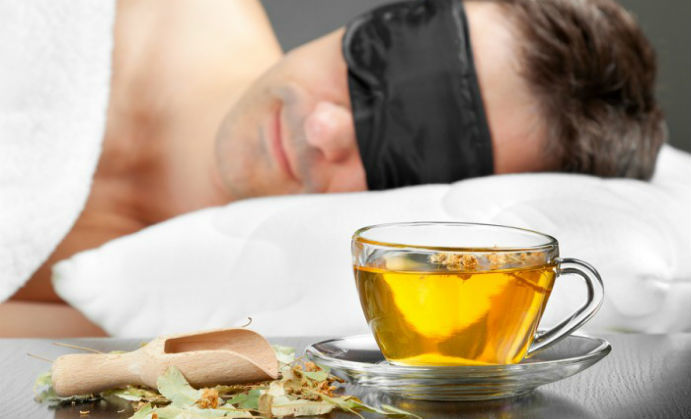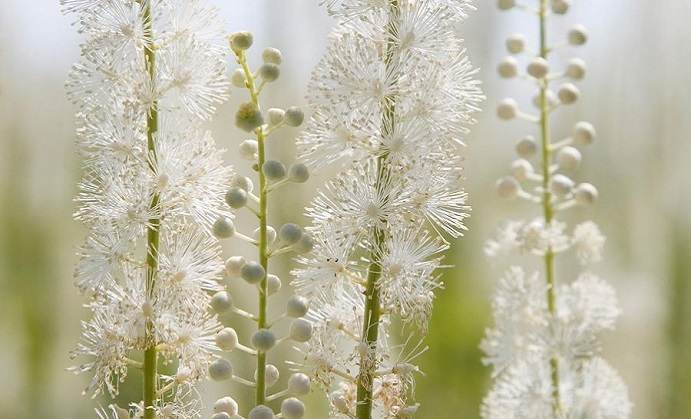Overview
Insomnia is a condition in which a person has difficulties in sleeping. Persons with this condition also have difficulties in staying asleep and experience daytime impairment. These problems occur more than thrice per week. On average, an adults needs to sleep for about eight hours every night. According to the medical center at Maryland University, approximately 35% of adult Americans consistently get this amount of sleep. Insomnia has a number of remedies including supplements and natural herbs that can help affected individuals fall asleep or stay asleep during the night. Ask a physician before using new herbs, particularly if you are taking prescription medicine in order to avoid drug interactions and side effects.
Kava Kava
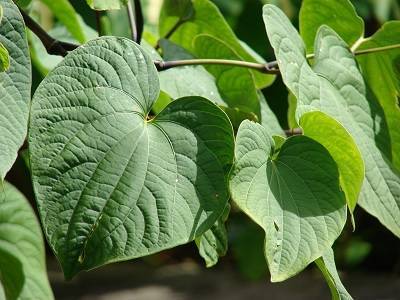 This traditional herb has been used to cure anxiety. It may also help people who are suffering from insomnia. A 2005 study in Pyschopharmachology shows that 300 mg of kava extract can shorten the cycle of sleep latency in rats experiencing sleep disturbance. Although there is a need for studies involving human subjects, researchers acknowledge that this herb can enhance sleep. According to the medical center at Maryland University, talking between 100 and 250 mg of kava extract (standardized) thrice daily can help to combat insomnia.
This traditional herb has been used to cure anxiety. It may also help people who are suffering from insomnia. A 2005 study in Pyschopharmachology shows that 300 mg of kava extract can shorten the cycle of sleep latency in rats experiencing sleep disturbance. Although there is a need for studies involving human subjects, researchers acknowledge that this herb can enhance sleep. According to the medical center at Maryland University, talking between 100 and 250 mg of kava extract (standardized) thrice daily can help to combat insomnia.
For optimum results, take this herb one hour prior to bedtime. Do not operate machines or drive under the influence of this herb. In addition, do not use this herb if you drink too much alcohol or have liver disease.
Chamomile
This common herb has the ability to calm your nerves, relax the body, and assist people with mild cases of insomnia to fall asleep. According to Reader’s Digest Association, individuals with insomnia should drink one cup of tea containing this herb at dusk, about half an hour before bedtime. You can make this tea by putting one teaspoon of desiccated chamomile in one cup of boiling water for about ten to fifteen minutes and taking it immediately. You may sweeten the tea with honey. Teabags containing this herb are also available in health stores and supermarkets. Chamomile is gentle and mild. It works with sedating herbs and does not cause unwanted effects.
Valerian
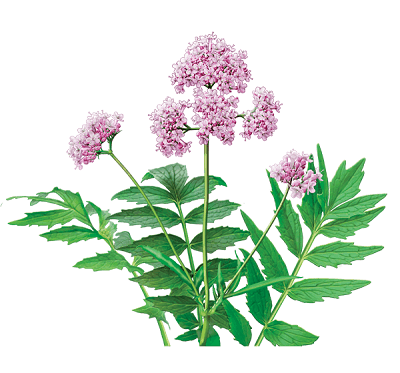 This herb is known for its ability to help people get sleep. It may help people who experience insomnia to fall asleep quickly. It can also promote sound sleep at night. A 2010 tea meta-analysis shows that this herb can improve the symptoms of insomnia. However, there is a need for addition research to prove the effectiveness of this herb. A 2006 AJM review found that this herb might enhance sleep quality. However, there is no standard dosage. The medical center at Maryland University recommends taking between 200 and 400 mg of a standardized extract prior to bedtime to improve sleep.
This herb is known for its ability to help people get sleep. It may help people who experience insomnia to fall asleep quickly. It can also promote sound sleep at night. A 2010 tea meta-analysis shows that this herb can improve the symptoms of insomnia. However, there is a need for addition research to prove the effectiveness of this herb. A 2006 AJM review found that this herb might enhance sleep quality. However, there is no standard dosage. The medical center at Maryland University recommends taking between 200 and 400 mg of a standardized extract prior to bedtime to improve sleep.
Nutmeg
This herb is believed to have sedative capabilities. It may help insomnia sufferers like in the case of Indonesia where healers use it to treat insomnia and other conditions. Lesley Tierra wrote a book advising those suffering from insomnia to take a capsule of ground nutmeg (fresh) about 4 or 5 hours prior to bedtime to ensure a restful night. Take one more capsule every day until the symptoms of insomnia disappear. Tierra does not recommend using desiccated nutmeg. You can make your own nutmeg capsules by buying empty capsules. Alternatively, take a quarter teaspoon of recently ground nutmeg mixed with juice or warm water.
Do you want to find an effective Insomnia treatment? Check out our top rated Insomnia products


